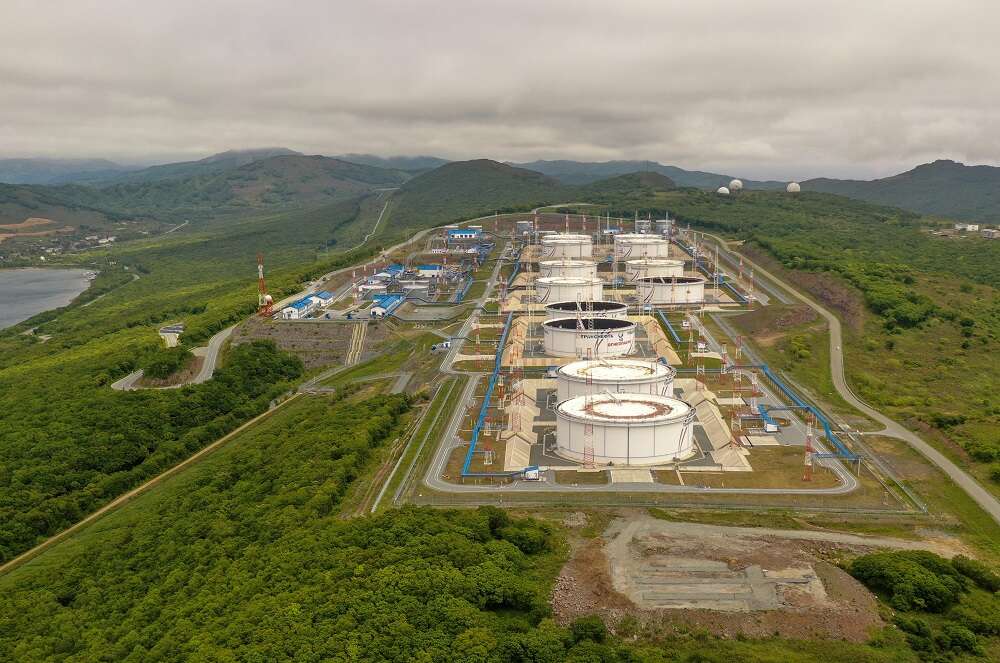
Oil jumps 3% as steep US crude stocks draw adds to supply concerns
By Arathy Somasekhar
HOUSTON (Reuters) -Oil prices surged 3% on Wednesday, after U.S. crude stocks fell more than expected, adding to worries of tight global supplies.
Brent crude futures breached $97 a barrel, and were up $2.70 to $96.66 a barrel by 12:11 p.m. ET (1611 GMT). U.S. West Texas Intermediate crude futures (WTI) climbed $3.25 to $93.63. The session high for both benchmarks was a 2023 peak.
U.S. crude stocks fell by 2.2 million barrels last week to 416.3 million barrels, government data showed, far exceeding the 320,000-barrel drop analysts expected in a Reuters poll.
Crude stocks at the Cushing, Oklahoma, storage hub, delivery point for U.S. crude futures, fell by 943,000 barrels in the week to just under 22 million barrels, the lowest since July 2022, data showed.
“The market is being led up by storage numbers as we are getting to the minimum operational inventories at Cushing and that’s driving markets higher,” said Andrew Lipow, president of Lipow Oil Associates.
Stockpiles at Cushing have been falling closer to historic low levels due to strong refining and export demand, prompting concerns about quality of the remaining oil at the hub and whether it will fall below minimum operating levels.
Prices fell last week but were rallying again as markets worried about tight supplies heading into winter, following production cuts of 1.3 million barrels a day to the end of the year by Saudi Arabia and Russia of the Organization of the Petroleum Exporting Countries and allies known as OPEC+.
“Until a decision to raise production is made, the global energy market will remain tight,” Ole Hansen, Head of Commodity Strategy at Saxo Bank, said.
The lack of spare supply was reflected at the front end of the pricing curve, he said, noting the premium for near-term delivery of WTI has reached almost $2 a barrel over those for next month.
WTI’s discount to Brent also hit its narrowest since late April.
“The market is overbought and a correction is definitely needed,” said Dennis Kissler, senior vice president of trading at BOK Financial.
Potentially adding to supply tightness, Russian President Vladimir Putin ordered his government to ensure retail fuel prices stabilise after a jump caused by an increase in exports.
In response, his deputy prime minister cited proposals to restrict exports of oil products that have been purchased for domestic use.
Some traders worried higher interest rates could still slow economic growth and curb energy demand. Minneapolis Federal Reserve Bank President Neel Kashkari said it was not clear whether the central bank has finished raising U.S. rates.
(Reporting by Paul Carsten in London, Arathy Somasekhar in Houston and Emily Chow in Singapore; Editing by Marguerita Choy, Barbara Lewis and David Gregorio)


